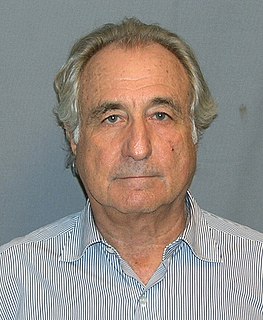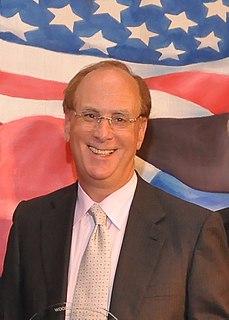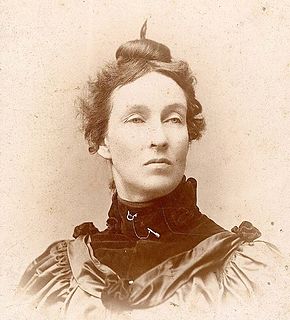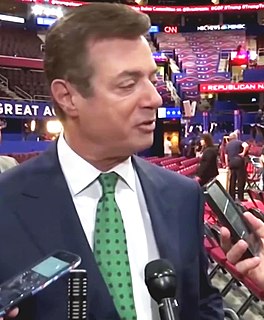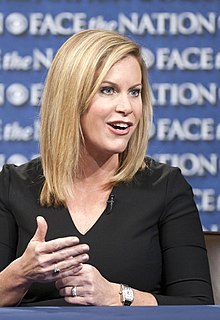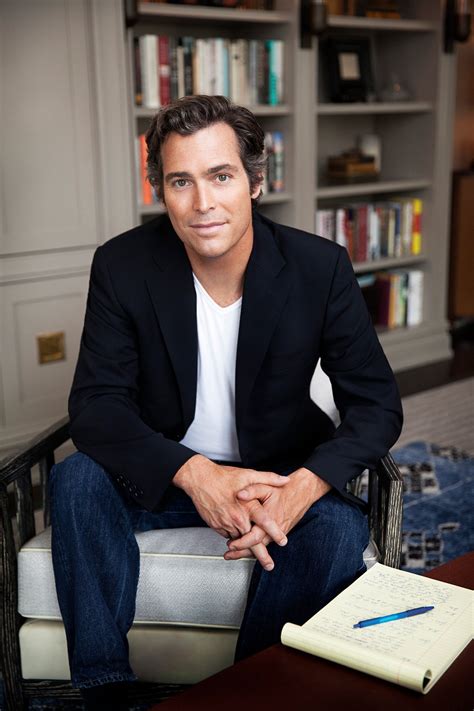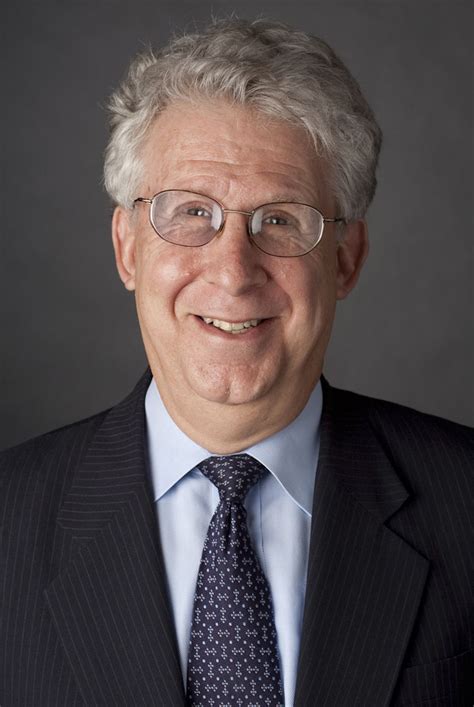A Quote by Bernard Madoff
Today, basically, on Wall Street, the big money is made by taking risks.
Related Quotes
Wall Street owns the country. It is no longer a government of the people, for the people and by the people, but a government for Wall Street, by Wall Street, and for Wall Street. The great common people of this country are slaves, and monopoly is the master…Let the bloodhounds of money who have dogged us thus far beware.
People think of a parasite as simply taking money, taking blood out of a host or taking money out of the economy. But in nature it's much more complicated. The parasite can't simply come in and take something. First of all, it needs to numb the host. It has an enzyme so that the host doesn't realize the parasite's there. And then the parasites have another enzyme that takes over the host's brain. It makes the host imagine that the parasite is part of its own body, actually part of itself and hence to be protected. That’s basically what Wall Street has done.
I had a lot of preconceived notions going in the Wall Street. It wasn't an industry that I really respected much. My feeling was kind of like look, you're not making anything. You're taking money from one place, putting it in another and taking your cut and that's just not really kind of soul-satisfying at the end of the day, but what I learned is, on a larger scale is how much the Wall Street industry funnels and fuels so many others. There is a lot of good that these guys do, and to lump all traders into a category is as insane as lumping any group of people into one category.
I think the money for the solutions for global poverty is on Wall Street. Wall Street allocates capital. And we need to get capital to the ideas that are successful, whether it's microfinance, whether it's through financial literacy programs, Wall Street can be the engine that makes capital get to the people who need it.
